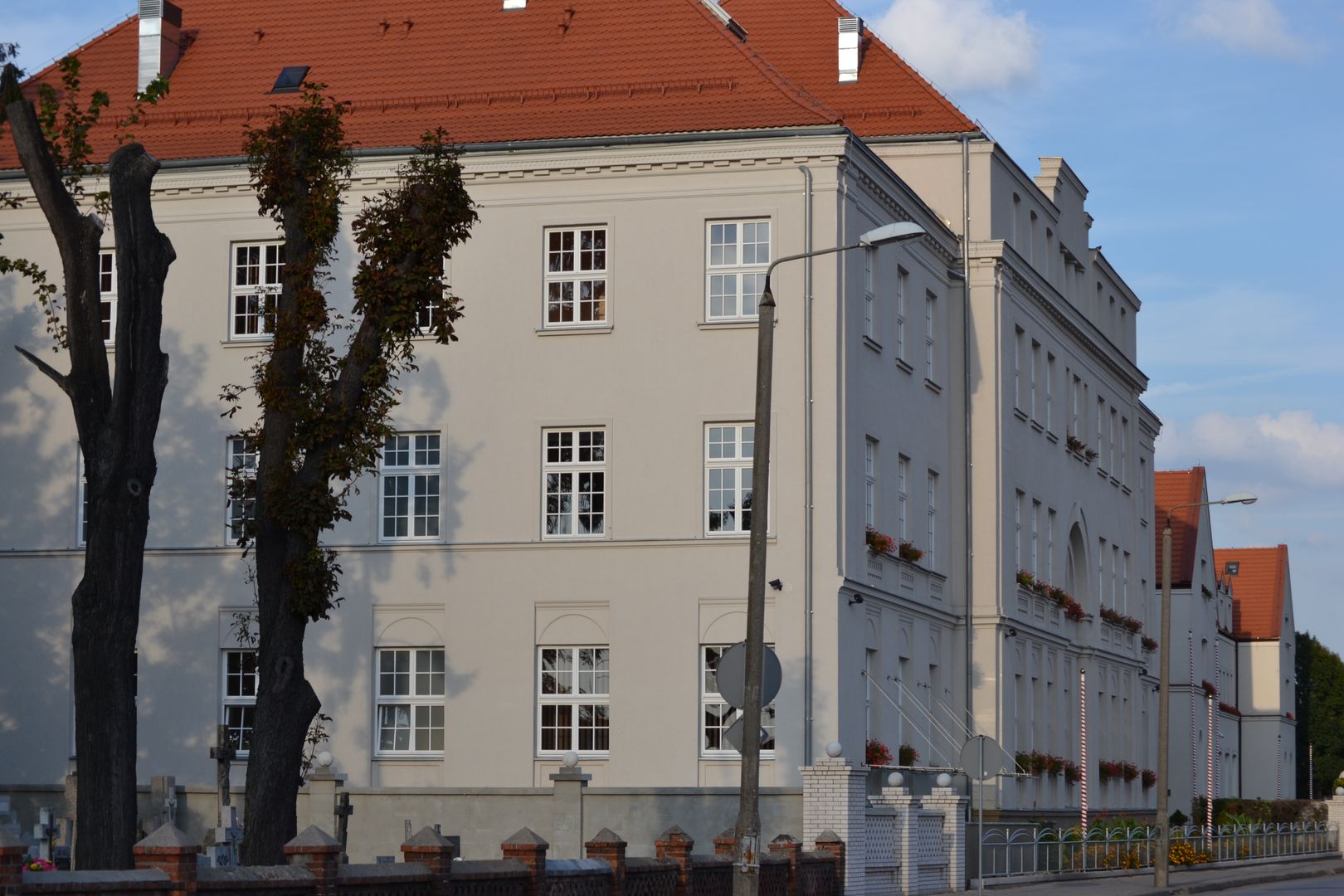Aleksandrów Kujawski
6.98

Overview
Aleksandrów Kujawski is a town in Poland, located in the Kuyavian-Pomeranian Voivodeship, with a population of 11,536 as of December 31, 2022. Its history dates back to 1834, when it was established as a village in the Russian Partition, and its name derives from the Polish nobleman Aleksander Sumiński. The town's development accelerated with the construction of the Warsaw-Bydgoszcz railway, which attracted settlers of various professions. Aleksandrów Kujawski has a rich history, including the participation of its residents in the January Uprising and the construction of an Orthodox church in 1877, which, however, did not survive World War II. The town received its town rights in 1916, with full rights granted in 1919. Known for its metal, printing, and food industries, Aleksandrów is also a cultural center, home to the Municipal Cultural Center and the "Fado" club. Architecturally, it features the neo-Gothic Church of the Transfiguration, built between 1882 and 1886, and a historic railway station complex. Interestingly, the town is also a site for brine treatments and serves as a support base for Ciechocinek, a well-known health resort. With its rich history, industry, and cultural traditions, Aleksandrów Kujawski remains an interesting point on the map of Poland.
Location
2026 Wizytor | All Rights Reserved